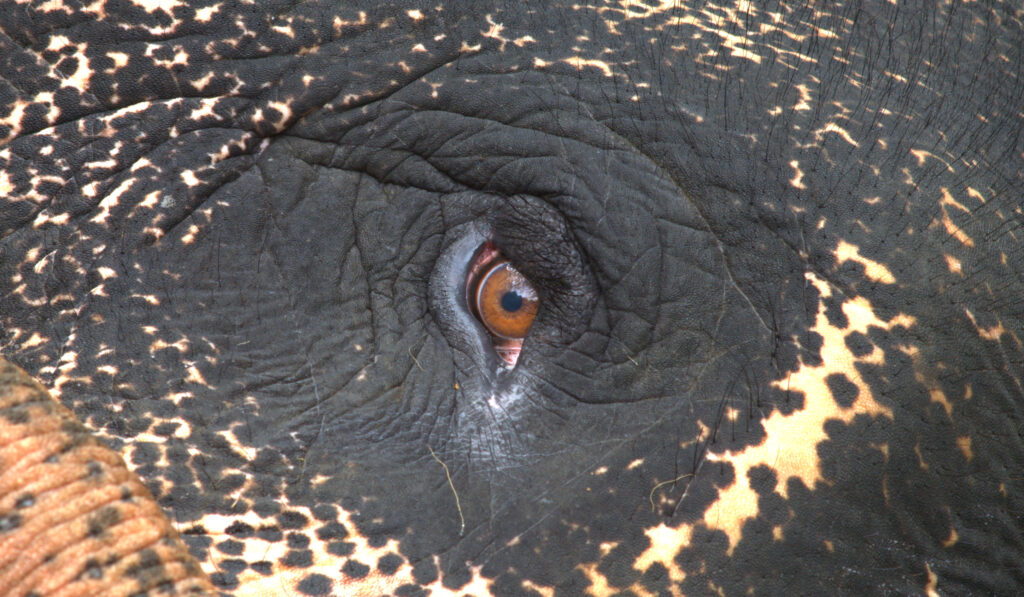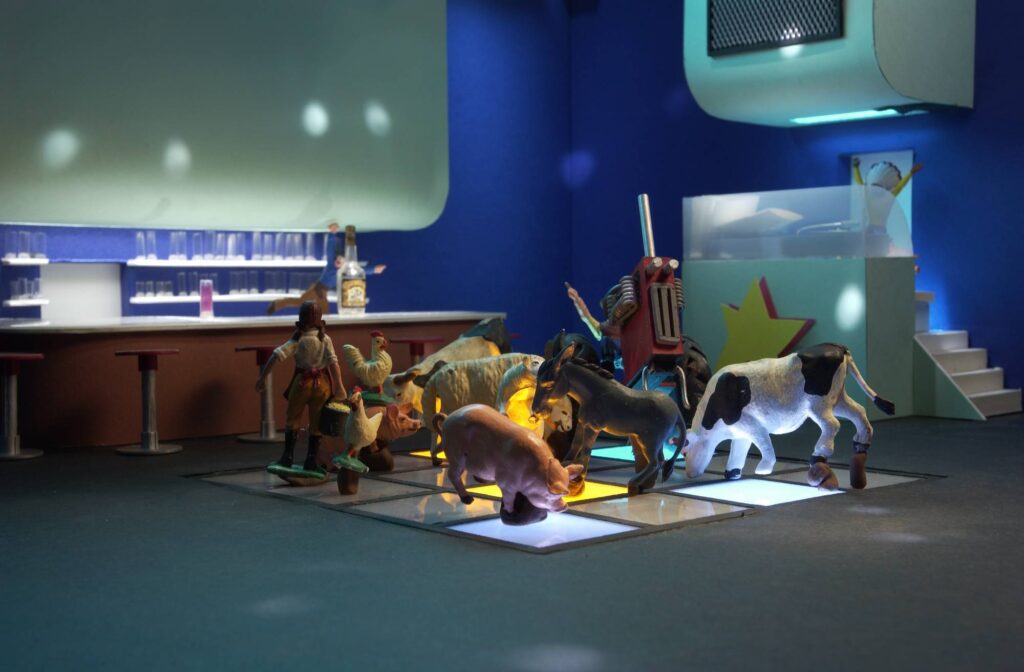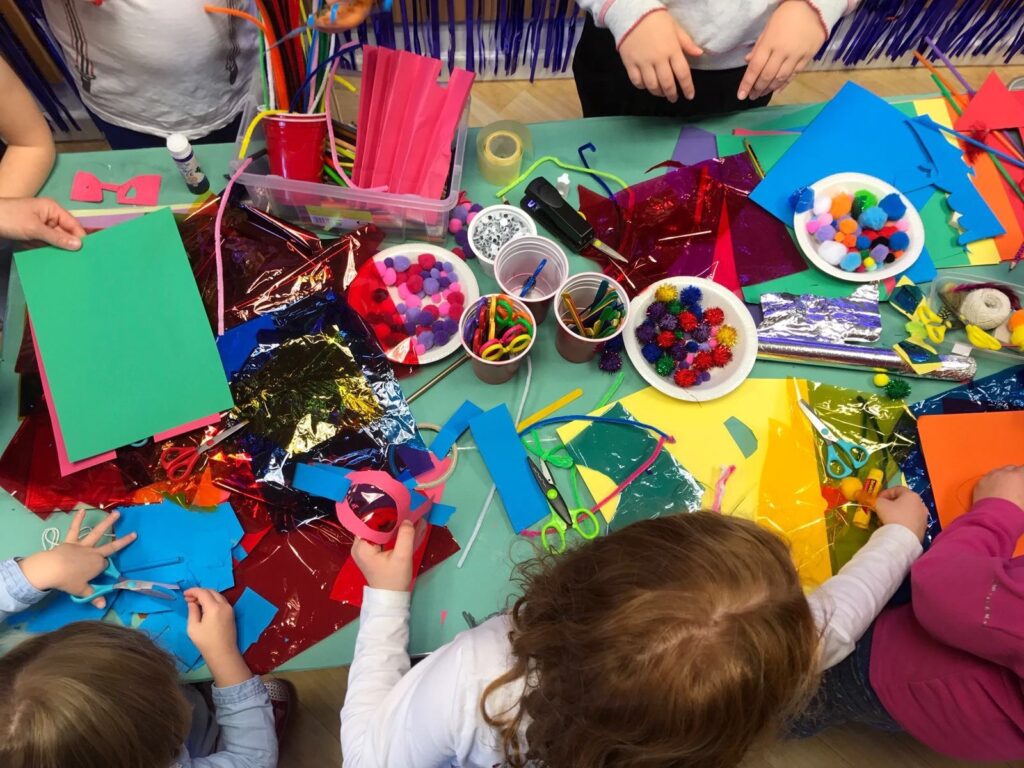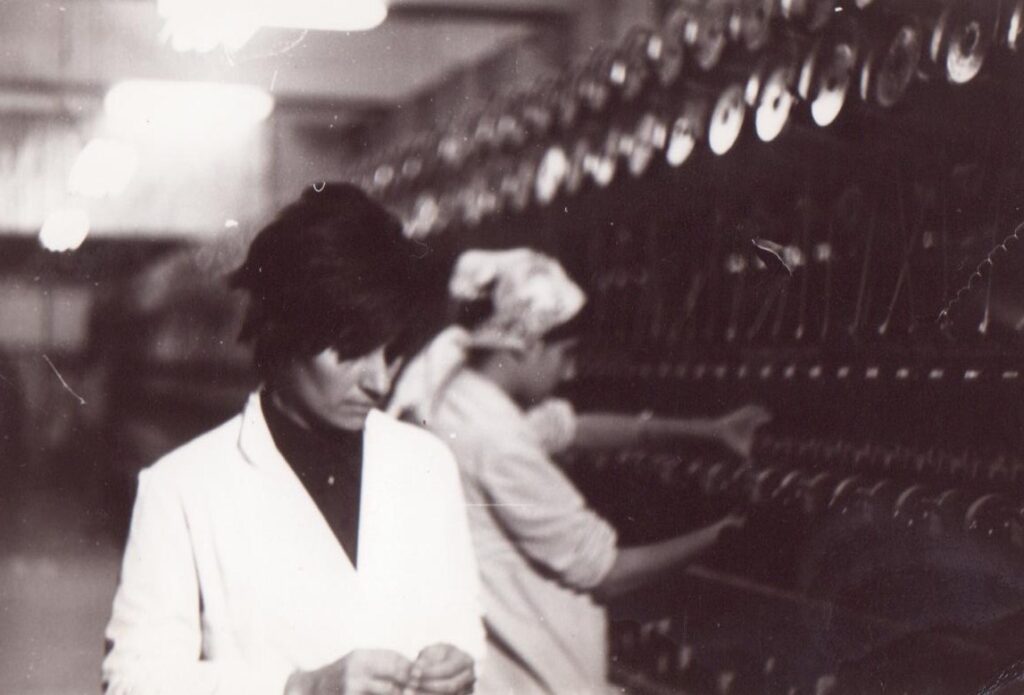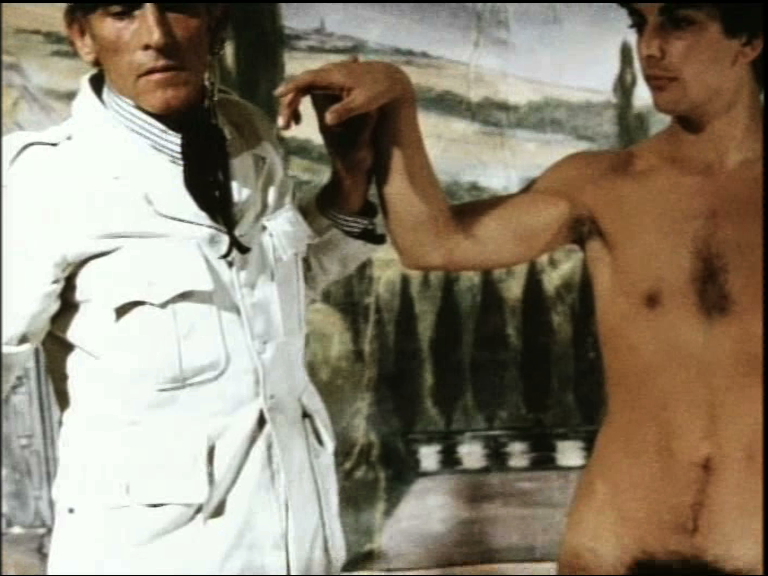Aura Satz presents the UK premiere of her film Preemptive Listening (Part 1: The Fork in the Road) and discusses her wider research on sonic obedience and disobedience through the trope of the siren. Her project proposes a speculative re-imagining of emergency signals—it posits the siren’s loud glissando wail as a conditioned and learned signal, one that can potentially be productively rewired.
Programmes
The Little Girl Who Sold the Sun follows Sili, a girl traversing Dakar’s many obstacles with her crutches. After starting to work as a newspaper vendor, she quickly runs afoul of territorial boys who see her as a competitor. Djibril Diop Mambéty’s final film is handled with gentle lightness and grace, providing incontrovertible evidence of his place not only as a master of African cinema, but as a pivotal figure in the history of cinema. — Herb Shellenberger
After a devastating earthquake, Nga, an old elephant and probably the last of its species, and Sanra his mahout are about to embark on a journey to find the mythical elephant’s graveyard. A group of poachers follow them closely, while a journey of discovery and mourning starts. The viewer becomes the protagonist on a sonic trip into the cemetery and beyond.
Q&A with filmmaker Carlos Casas
UK premiere of Cemetery presented jointly by BFMAF and Tate Modern
Working with moving image collective Film Bee and experimenting with a sequence of Bernadette Mayer’s surrealist writing exercises, Berwick Youth Project have created an uncanny computer game character, an existentialist chicken piece from a 20 nugget share box. This lo-fi film reflects the group’s close reading of screencasts of popular video game intros uploaded to Youtube. The work will be available to view during the Festival at the Visitor Centre and on the BFMAF YouTube channel from Thursday 19 September.
Join Cowboy and Indian on their misadventures to the centre of the earth!
A Town Called Panic will be screened after school on Thursday at Kaleidoscope (59 Marygate). Places are free but should be booked via bfmaf.org or the Maltings Box Office.
Kaleidoscope is a beanbag cinema presenting a rolling programme of animated films from Cinekid Festival Amsterdam. Hands-on making activities will be led by artists Katie Chappell and Chloe Smith. Children must be accompanied by an adult at all times.
Christian Ghazi’s incendiary, avant-garde masterpiece A Hundred Faces for a Single Day ends with the send-off, “I don’t care when or how I will die, as long as there are armed men who will continue the march, shaking the earth with their uproar so that the world won’t sleep heavily over the bodies of the laborious, miserable and oppressed men.” Through this fiction-documentary hybrid film, Ghazi forged a strong critique of bourgeois society in Beirut during Lebanon’s Golden Age (which would end in 1975 with a gruelling and protracted civil war). An essay on labour, class, social relations and resistance, Ghazi considered the film his “manifesto on cinema”, a powerful and polemical work that reaches back to the early decades of film experimentation while pioneering radical techniques in multivalent sound, disjunctive montage and an embedded perspectives on direct action.
Selected by Artist in Profile Marwa Arsanios, who will introduce the film
Lionel Soukaz is a pivotal figure in European queer cinema: a filmmaker, collaborator with queer theorist Guy Hocquenghem and organiser of the first festivals of Cinémas Différents in France. Combining the pop cultural ironies of Jack Smith and Kenneth Anger with protest cinema, his films target the norms of heterosexual and homosexual culture alike, calling for the end of identity and the free reign of desire. Writer/curator Paul Clinton presents two works by Soukaz with an illustrated lecture.
The episodically connected lives of four college friends unfold throughout the incipient martial law years, as they struggle to define their sexual and professional desires and how best to attain them. An observational drama that does not shy away from topics such as abortion, prostitution, patriarchy, homosexuality, military violence and the repressive social conditioning of collective imaginaries, this understated feminist inquiry into the possibilities of sustaining queer kinships stands out as a singular achievement of woman-centred Philippine cinema. — Letitia Calin




